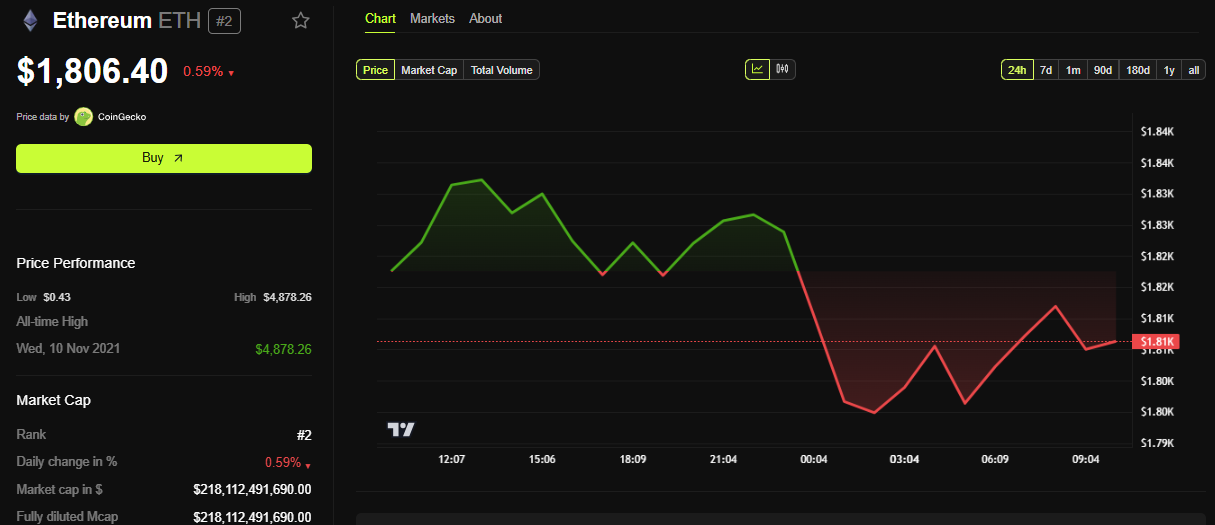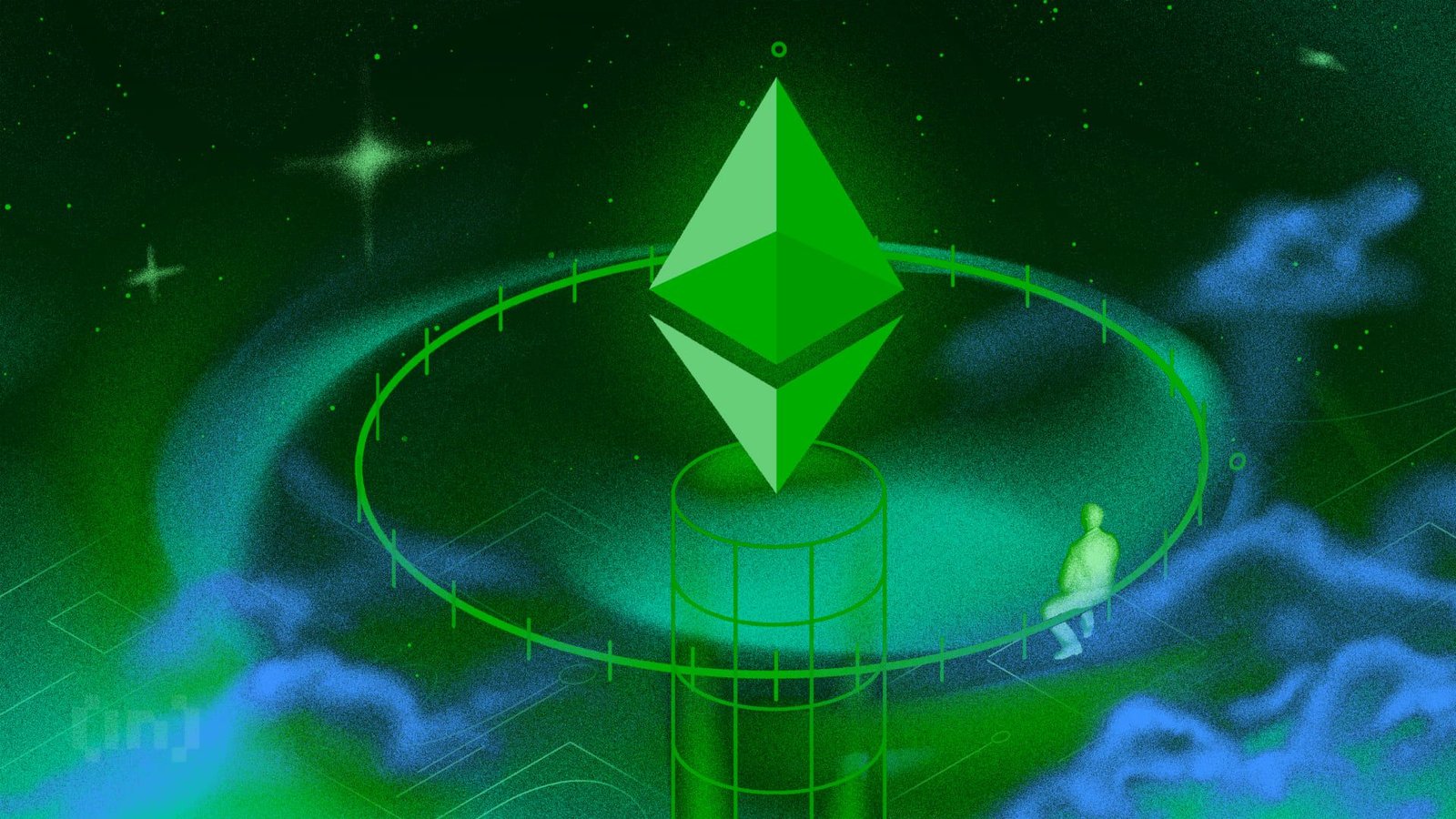Ethereum used to be the go-to platform for everything Web3 — from NFTs to smart contracts. But now, it seems a bit lost. The people behind Ethereum and those who support it can’t agree on what it should focus on. And that’s starting to show.
What’s the Real Value of ETH?
Zach Rynes, who works at Chainlink, says Ethereum’s biggest issue right now is that there’s no clear message behind it. Basically, people are split into two groups.
One group thinks Ethereum is valuable because it makes money — from things like gas fees and staking. The other group believes Ethereum is more like a long-term asset, something you hold onto, like digital gold.
Both sides keep arguing, and that makes it hard for investors to feel confident. If even the community isn’t sure what ETH is supposed to be, why would someone new trust it?
The “Ultrasound Money” Era Has Faded
In 2021, Ethereum was doing great. Gas fees were high (too high for many), but it was earning billions. That’s when people started calling ETH “ultrasound money” — a cooler, more advanced version of Bitcoin because some ETH was burned (destroyed) with each transaction, reducing supply.
But things are different now. Faster and cheaper Layer-2 networks like Arbitrum and Optimism are handling more traffic. That means Ethereum’s main network isn’t earning as much anymore.
Rynes says Ethereum gave away the most valuable part of its system — the money-making layer — to these newer networks. Now, Ethereum needs a ton of on-chain activity just to keep the economics working.
What If ETH Is Just Something to Hold?
On the flip side, ETH supporter Sassal says trying to measure ETH’s value only by how much it earns is the wrong way to look at it. He thinks ETH should be treated more like a store of value — like Bitcoin.
“People trust Bitcoin because it has one simple story: it’s digital gold,” he explains. “If Ethereum wants to be valuable long-term, it needs that kind of clear story too.”
Right now, Ethereum doesn’t have that. It’s trying to be too many things at once, and that creates confusion.
Some Say Ethereum Isn’t Fully Decentralized
Not everyone is impressed with Ethereum’s journey. Crypto analyst PlanB, who made the Stock-to-Flow model for Bitcoin, says Ethereum feels more like it’s run by a group of insiders.
He also pointed out that Ethereum had a “pre-mine” — meaning some ETH was given out before launch — which many in the crypto world don’t like. According to him, that makes it less trustworthy compared to Bitcoin, which had a fair launch.

Competitors Like Solana Are Catching Up
While Ethereum is figuring things out, other blockchains are moving fast. Solana focuses on being fast and cheap. BNB Chain is backed by Binance and also keeps costs low.
These platforms are easy to understand and have clear goals — and that’s why they’re gaining users. They don’t have an identity crisis.
What’s Next for Ethereum?
Ethereum is still one of the biggest names in crypto. But it’s at a point where it needs to clearly define what it stands for. Is it an income-generating platform? A long-term asset? A place to build decentralized apps?
As Rynes put it, “ETH needs its own story.” Right now, it feels like that story is still being written.
Until Ethereum figures this out, it could lose ground to newer chains that have a simpler, stronger message.





